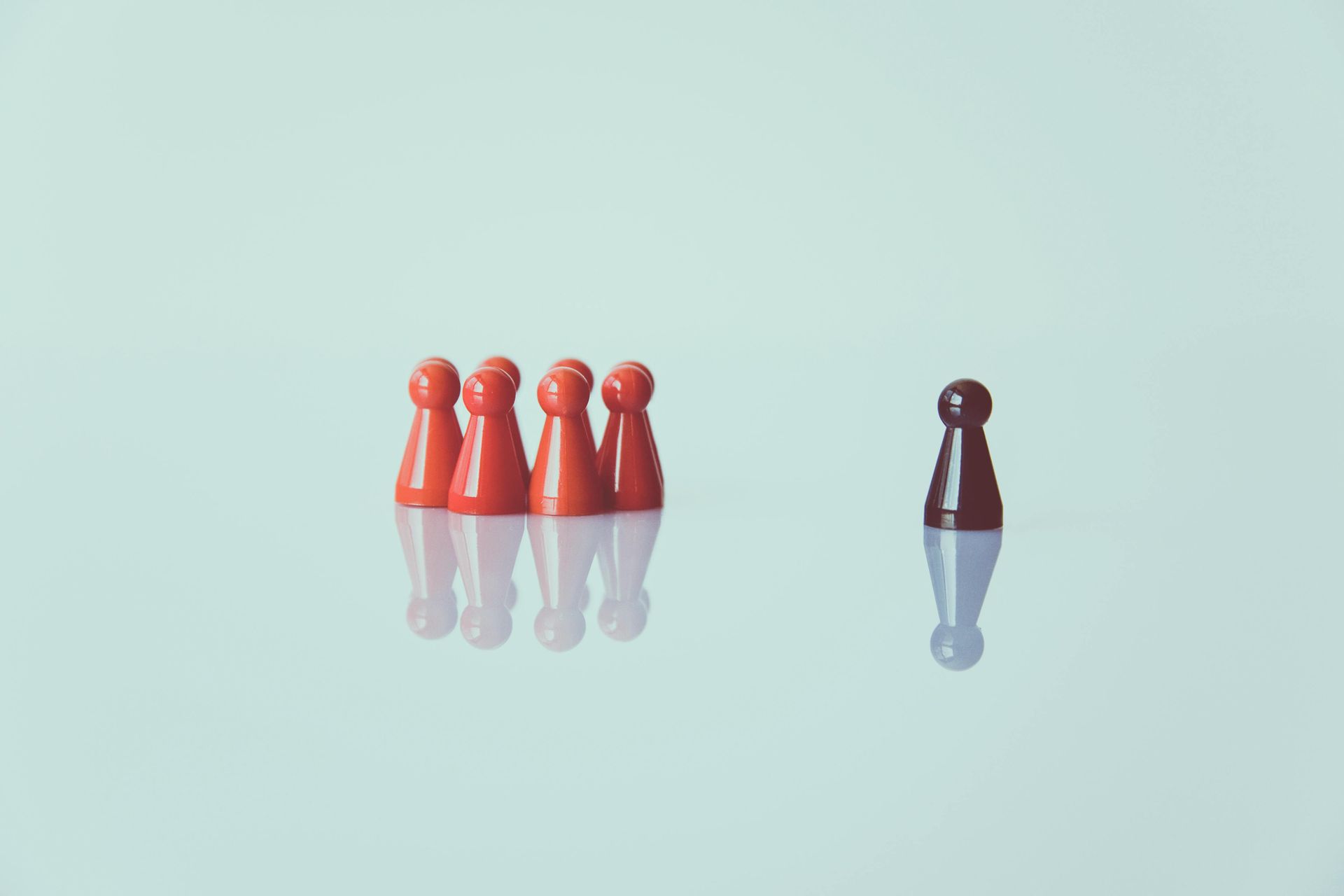The Victim Hero Quest - Which are you?
noreply • 4 May 2019

Are You Sure Who Your Quest is Serving?
This blog is a really important one, because sometimes we don't know that our quest is more about proving others are wrong, rather than understanding our personal quest to live our passion.
Let me explain by saying this.
If you are fighting to be heard and it is getting you frustrated or angry or your always telling your boss, someone you work with, maybe a parent, teacher or friend, because you are passionately sure you are right. STOP!!!!!!!
You are on your quest and you believe you
are being heroic in trying to change the world, by saying "I AM RIGHT, YOU'RE WRONG"
well sorry your a victim not a hero and the hero wants to save the day but your quest will end faster than it's begun.
You see the mind YOUR MIND
is different to everyone else and yes you may find people with the same quest as you but you may also find people trying to achieve the same quest in a different way, or you may find you think you are on a quest but in fact you are lost in trying to prove yourself to others about a quest which is not even yours.
OK that may be confusing but I came to the realisation that I was on my quest to prove people wrong, not to serve my quest because I was chasing the quest of others rather than forging my own path.
It is only when you get this realisation that you start to change your thoughts.
Many peoples quest is formed by society:
1. Do well at school
2. Get that great job
3. Buy a car
4. Buy a house
5. Have a family
etc................
On each of those steps we are on a quest but is it our quest or the quest of our forebears, a product of our environment.
Now I am not saying that is not a noble quest but when we start to procrastinate....
1. My quest is failing because I am rubbish at exams
2. My quest is failing because I can't get that job, or promotion
3. I can't afford my dream car or home because I don't have the money
My Quest items aren't available to me
So when you realise what a quest is you start to forget about stuff and start to realise that your quest is not about what we have or want but about what we are and what we serve.
Service is about something bigger than you, a higher power, your goal which you will never reach but it drives you.
I have 2 vision boards - the first has stuff, Yes I want the Big House The Car etc but WHY!!!!
I spent most of my life proving I was good to others so I could get that promotion for stuff.
However stuff doesn't serve your quest, stuff just makes the quest comfortable, stuff are trophies on the quest that mark defining points on your quest. But failure is also a defining point on the quest, so is pain, so is hurt and they all have the same value. They are lessons, 1 tells you you are on track, the other tells you to stop and think.
So when I started my vision board I realised that I like stuff but all that stuff....
The House
The Car
Were all being gathered for an eternal race for Peace of Mind, Freedom, Abundance.
The thing is all of those things exist for free, WHY, because we create them from within, not from stuff.
When we stop trying to prove to others and we start to look for PEACE, FREEDOM and ABUNDANCE from within we then have the power to manifest.
The reason for this is because the mind shifts from victim to hero, you are no longer on a quest to prove yourself you are on the quest to serve something within.
I struggled with the Law of Attraction for a long time, but I believe we start to manifest when we stop looking, we stop blaming we stop being a victim blaming others and we look within and really feel.
When we feel tp that gut reaction and we listen to that, we can do the most powerful thing and that is to STOP.
STOP being a victim
STOP Procrastinating
STOP blaming others
This is hard because our culture isn't built like that, we no longer connect, we take.
This is why when you listen to all the great thought leaders they pretty much all journal, mediate and connect with themselves before they connect with others.
Being aware of where we are in the present and not where we have been or where we are going is so important.
If you STOP, BREATHE and be PRESENT you will find peace. It's called the present because if it's a gift.
So the next time someone does you wrong - STOP, SMILE and recognise this is the universe telling you your quest is on the wrong track.
You may not like that but with practice, using positive words and thoughts to yourself you start to find true freedom and peace.
Once you practice this, especially in meditation the universe starts to deliver.
“The people making you feel guilty for going your own way and choosing your own life are simply saying, ‘Look at me. I’m better than you because my chains are bigger.’ It takes courage to break those chains and define your own life.” So dare to live your precious days on Earth to their fullest, true to yourself, with open heart and thoughtful mind, and with the courage to change what doesn’t work and accept the consequences. You may find that you can fly farther than you ever imagined.”
“Your time is limited, so don’t waste it living someone else’s life. Don’t be trapped by dogma—which is living with the results of other people’s thinking. Don’t let the noise of others’ opinions drown out your own inner voice. And most important, have the courage to follow your heart and intuition. They somehow already know what you truly want to become. Everything else is secondary.”
-
Vishen Lakhiani
So if you want true abundance on you quest, first look within and grow your Mindset, Soulset and Heartset.
You never need to share these because they are yours and for me that is a Hero's Quest.











